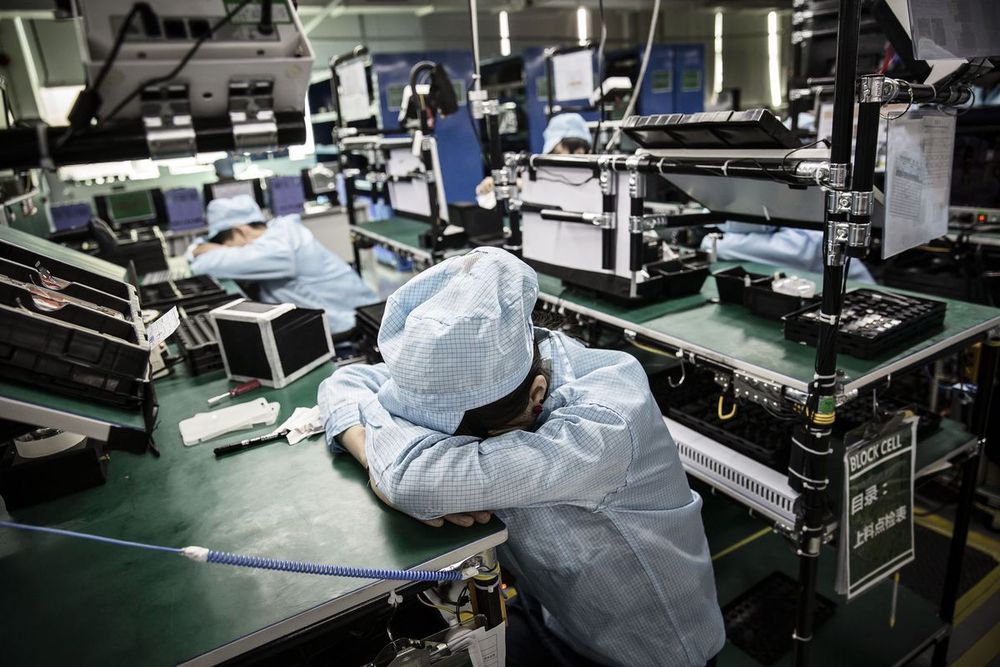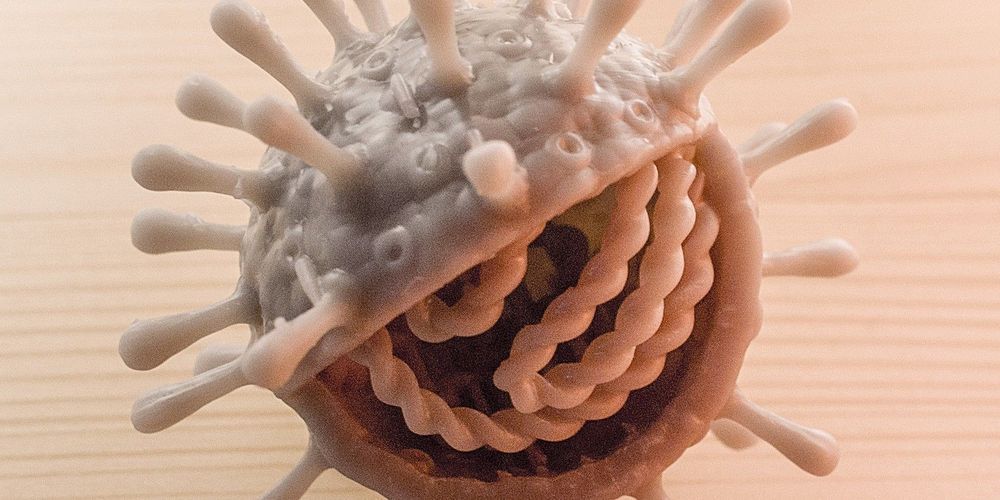In yet another demonstration of how rapidly technology can advance, biotech firm Abbott Laboratories has developed a new molecular test for the detection of novel coronavirus (COVID-19), which delivers results in just five minutes.
Abbott Laboratories, headquartered in Illinois, United States, has been granted Emergency Use Authorisation (EUA) by the Food and Drug Administration (FDA) for adapting COVID-19 tests to its ID NOW platform.
This lightweight (3 kg, or 6.6 lb) and portable device (the size of a small toaster) is already the most widely available molecular point-of-care testing platform in the U.S. today. Its molecular technology – a unique system called isothermal nucleic acid amplification – provides rapid processing of samples and a high degree of accuracy, allowing clinicians to make evidence-based clinical decisions during a patient visit. Essentially, it highlights the presence of a virus by identifying a small section of its genome, then “amplifying” that portion until enough is present for detection.


